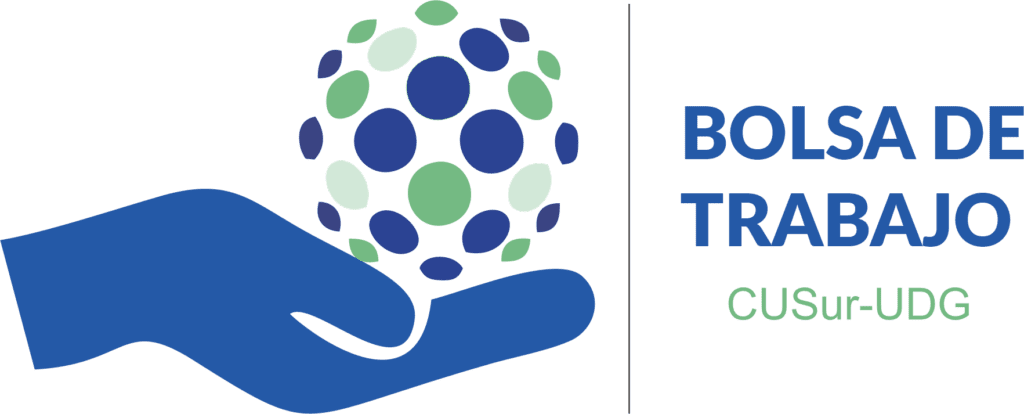
Pfizer & Co., Inc.
FollowOverview
-
Founded Date octubre 4, 1982
-
Sectors Negocios Internacionales
-
Posted Jobs 0
-
Viewed 37
Company Description
DR Congo Workers for Feronia made Impotent By Pesticides – HRW
DR Congo employees for Feronia made impotent by pesticides – HRW
25 November 2019
Workers exposed to pesticides at a UK-funded company in the Democratic Republic of Congo have complained of ending up being impotent, a rights group has actually stated.
Feronia, which controls DR Congo’s palm-oil sector, had stopped working to offer workers adequate protective equipment, Human Rights Watch (HRW) said.
The UK federal government’s development bank, CDC, owns 38% of Feronia in DR Congo.
It stated Feronia had invested greatly in protective equipment and all employees were required to use it.
Feronia, a Canadian-based company, stated it was committed to running to worldwide standards.
The company included that it had invested $360,000 (₤ 280,000) on personal protective equipment in the last three years, which employees had actually been trained to use, and it had actually carried out a policy requiring the devices to be worn in the workplace.
Africa Live: Updates on this and other stories
Congo – a river journey
Congo student: ‘I skip meals to buy online information’
Feronia and its regional subsidiary, Plantations et Huileries du Congo (PHC), employ thousands of employees at palm oil plantations in DR Congo.
PHC has received millions of dollars from the advancement banks of Belgium, Germany, the Netherlands and the UK.
“These banks can play an important function promoting advancement, however they are undermining their objective by failing to ensure the company they finance respects the rights of its workers and neighborhoods on the plantations,” HRW researcher Luciana Téllez-Chávez said.
What is HRW’s proof?
In a report entitled A Toxic Mix of Abuses on Congo’s Oil Palm Plantations, external, HRW said it had actually spoken with more than 40 workers and two-thirds of them “informed us that they had actually ended up being impotent given that they started the job”.
Impotence – in addition to shortness of breath, headaches, and weight reduction that the employees grumbled about – were health issue “consistent with direct exposure to pesticides in general, as explained in clinical literature”, HRW said.
“Many [also] struggled with skin irritation, itching, blisters, eye issues, or blurred vision – all symptoms that follow what clinical texts and the items’ labels refer to as health repercussions of exposure to these pesticides,” the rights group included.
Ms said employees who had actually been interviewed had permeable cotton overalls – not the water resistant overalls.
“If pesticides accidentally spilled, the poisonous liquid would likely touch their skin,” she added.
What else does HRW say?
At the Yaligimba plantation, the company disposed the waste from its palm oil mill next to workers’ homes.
The effluents formed a “foul-smelling stream”, and ultimately flowed into a natural pond where ladies and kids bathe and wash cooking utensils.
“Residents of a village of several hundred individuals downstream told us the river was their only source of drinking water,” Ms Téllez-Chávez stated.
If untreated and without treatment, effluent-dumping could eventually likewise cause fish to suffocate and pass away, or trigger big growths of algae that might negatively affect the health of people who entered into contact with polluted water or taken in tainted fish, HRW added.
The rights group also implicated Feronia of paying “extreme poverty” earnings, saying ladies were the lowest-paid, with some earning as low as $7.30 a month gathering fruit.
HRW stated the advancement banks should guarantee the businesses they buy pay living incomes to their employees.
What is the UK advancement bank’s response?
In a declaration, CDC said: “Palm Oil Mill Effluent (POME) is an organic mix of natural waste oils and fats and has been released into rivers since the plantation entered remaining in 1911 and does not threaten human health.
“A treatment plant for POME represents a multimillion dollar financial investment – money that the company has picked instead to invest in real estate, tidy water provision, health care and educational facilities for workers, their families and other members of the regional neighborhoods.
“It is the objective of the company to build treatment plants for POME, however is unfortunately not in a monetary position to do so currently as it continues to make heavy losses.
“In addition, the company has actually refurbished or dug 72 brand-new boreholes for the provision of tidy water in the last six years.”
What does Feronia state?
The business said working conditions had actually improved significantly given that the participation of the European banks in 2013.
Employees were now paid considerably more than the base pay for farming in DR Congo and the typical employee made $3.30 per day – greater than what a local teacher would make, it said.
It likewise verified that it had invested significantly in access to safe drinking water.
“Feronia operates on a social mandate with regional communities. Without their assistance we would not be able to work. We acknowledge that there is still an excellent deal to be done and are dedicated to running to global standards. We will continue to work tirelessly to achieve these goals,” the business included in a declaration.
‘I skip meals to buy online data’
24 November 2019
Five things to understand about the nation that powers smart phones
29 December 2018








